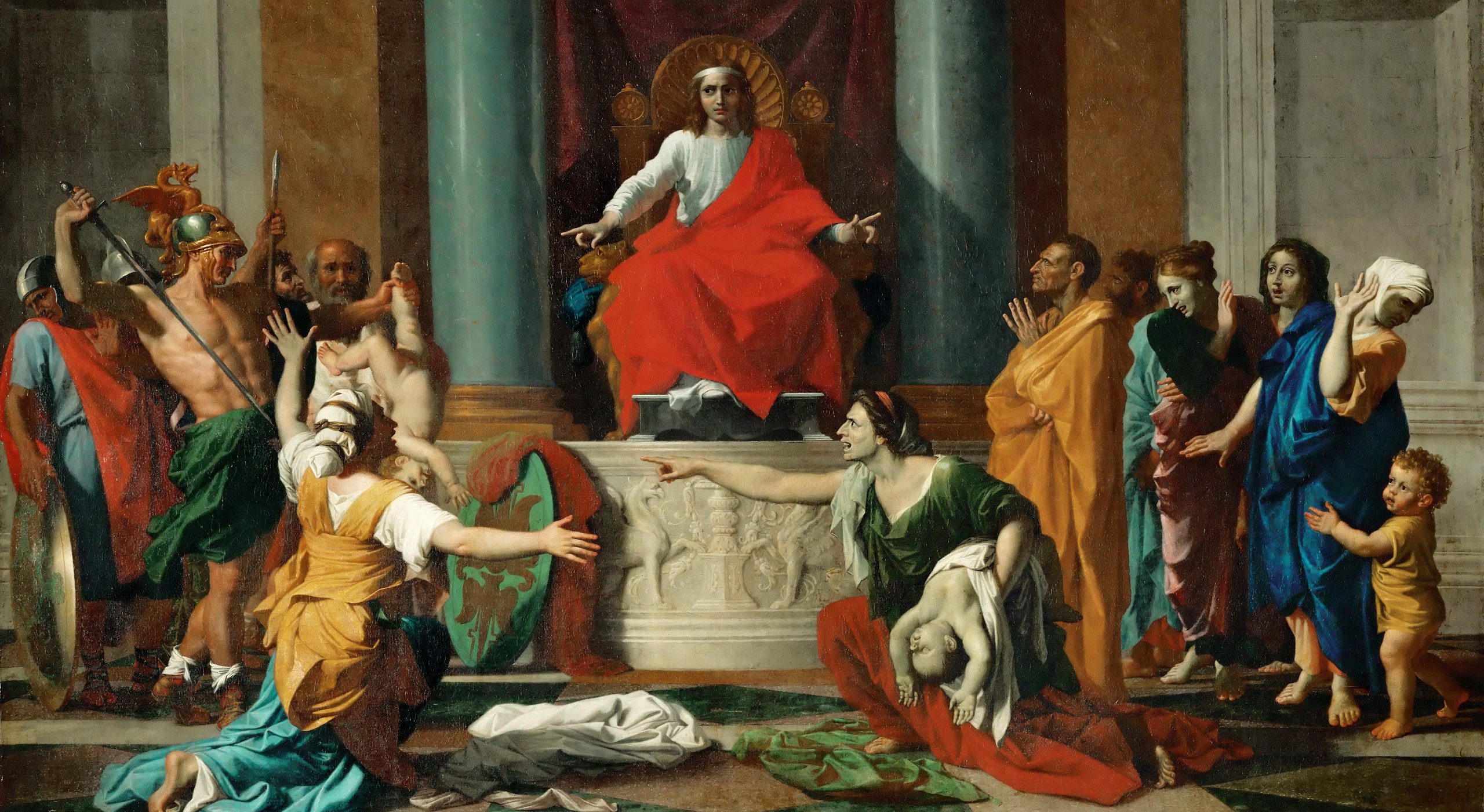A Call for Reconciliation in the Midst of the Israeli-Palestinian Conflict
“Reconciliation is a promising alternative to so-called intractable conflicts such as the Israeli-Palestinian situation, where conflict resolution through peace agreements has failed because of the opposition of large segments of society” (Leiner, M. and AlDajani, I.M.S., 2019, ‘Reconciliation in the Middle of Conflict: An Approach to the Israeli-Palestinian Conflict,’ Israel Palestine Journal, Vol. 24, No. 3)
A story of King Solomon, a prophet in Islamic theology: Two women came into his palace arguing over a child that they both claimed as their own. King Solomon ordered that the child be cut in half and divided between the women. One of the women expressed willingness to go ahead with the proposal; the other gave up her claim so that at least the child would live, if not with her. Solomon awarded the child to the second woman, seeing that only she put the child’s interest, and life, ahead of her own desire to win the dispute. Such a mother was sure to nurture the baby with love and empathy.
The Israeli-Palestinian conflict is an intractable conflict for over 70 years, and we’re still trying to cut the baby in half. The conflict demands innovative ideas and practices that go beyond social, financial, and political interests.
Reconciliation could heal the hatred in this protracted conflict. Reconciliation is more a process than the result of an ideal goal – a process for healing the burden of history. The reconciliation process happens between enemies and not friends. The relationship between enemies is defined as a reconciliation process in the midst of conflict, which evolves to restore broken ties and build a better perspective for the future. It could serve as the basis for our children’s best common future.
The Israeli-Palestinian conflict needs a path not taken, which leads toward justice, coexistence, forgiveness, empathy, truth, and inclusiveness. Two cultures have invested much in denying the existence of the other. Attempted agreements have failed for a variety of reasons. The reconciliation process starts by recognizing the suffering and accepting the narrative of the other. It will connect the three important actors in the conflict: top-level leadership, middle-range leadership, and grassroots leadership, which can develop transformative action toward the reconciliation process in the midst of the conflict. Reconciliation undermines the egos and political ambitions of our current leaders.
Matthew 5:9 in the New Testament says, “Blessed are the peacemakers: for they shall be called the children of God.”
The Quran (5:16) says, “By which Allah guides those who pursue His pleasure to the ways of peace and brings them out from darknesses into the light, by His permission, and guides them to a straight path.”
The Hebrew Bible (Ecclesiastes 3:8) refers to “a time to love and a time to hate; a time for war and a time for peace.”
Lately, the Israeli-Palestinian conflict has transformed into one that ignites hatred and animosity from one side of the conflict to the other. It has reached a crossroads between conflict and reconciliation.
Taking action for one side while denying the rights of the other, as when former US President Donald Trump recognized Jerusalem as Israel’s capital, has ignited the conflict. Assigning occupied or disputed lands to one side while denying the other; jeopardizing past agreements by threatening to remove one side’s existence, such as in Jerusalem’s Sheikh Jarrah neighborhood; incidents such as what happened at Damascus Gate and in Al-Aqsa Mosque during the holy month of Ramadan; denying peaceful worship for all religions in the holy city of Jerusalem – these are the results of implementing Trump’s declaration on the ground.
Hamas and Israel have been in protracted conflict, and the siege has been almost 14 years long. It did not weaken Hamas or other parties but made them stronger politically and on the ground. It did not contribute to the security of Israelis. Hamas and other factions are part of Palestinian society and must be part of the solution, not the problem.
Rockets, violence, and animosity will not end and will not bring prosperity; only resilience toward the reconciliation process in the midst of conflict has a chance of developing into a common future for both nations. The reconciliation process in the midst of conflict is a path not taken; it requires courage and resilience in the face of agony and oppression. The reconciliation process can guide a new generation away from the path of darkness, toward the light. The alternative is to allow the seeds of hatred to flourish within both Israelis and Palestinians for generations to come.
Nelson Mandela once said: “No one is born hating another person because of the color of his skin, or his background, or his religion. People must learn to hate, and if they can learn to hate, they can be taught to love, for love comes more naturally to the human heart than its opposite.”
Peacemakers are those who call for a reconciliation process in the midst of the conflict.



